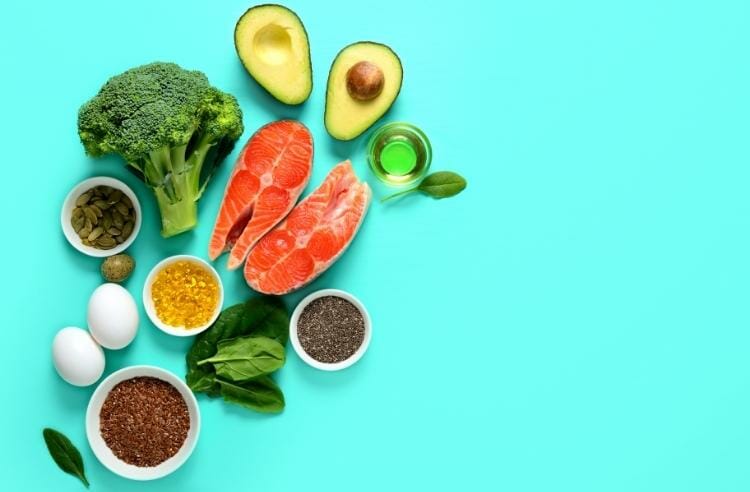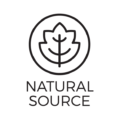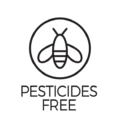
- Academic Research
-
by k.mammasis
Functional foods rich in omega-3 fatty acids are truly wonder nutrients and this is the reason that they’ve gained such popularity in the last decades. Consumption or lack thereof of these important fatty acids has been linked to chronic diseases such as diabetes, inflammation, and memory loss 1 2. For more information on how omega-3s may assist in improving your overall health, feel free to check out our cornerstone article on the amazing omega-3 health benefits. On this article, we answer your most frequently asked questions on foods for omega 3. Before, we do that let’s briefly examine why these functional nutrients are so important for your well-being.
What foods provide omega-3s?
Which vegetables are high in omega-3?
Do any fruits contain omega-3?
How can I get omega-3 without eating fish?
Are eggs high in omega-3?
What are the symptoms of omega-3 deficiency?
Is olive oil high in omega-3?
What is the healthiest omega-3?
What happens if you drink olive oil everyday?
Is a spoonful of olive oil a day good for you?
What brand of olive oil is the healthiest?
Why Foods for Omega 3 are Vital to your Health?
At MILESTONE®, we believe that it is critical to consume plant-based functional foods high in omega-3 fatty acids, instead of animal-based products. Plant-based nutrition is not only great for our health but our planet too. The only sustainable and chemical-free source that we currently have for EPA + DHA omega-3 fatty acids is algae. Our algae are cultivated in a controlled environment under the total absence of any toxification factors and or chemicals. We can safely state that it is currently the most advanced plant-based solution of these two vital omega-3 fatty acids, which when combined with the unique properties of our medical olive oil give rise to an outstanding natural functional food formula for your heart and brain needs. Discover the 5 Foods With The Most Omega-3 Fatty Acids in our recent article. You may also be interested in reading How we Got to the Best Foods for Omega 3 in the Market? Below find the answers to your most frequently asked questions on foods for omega 3.
Summary
Have you found the answer to your questions on foods for omega 3? If not, do not hesitate to contact us and we will reply as soon as possible. Functional foods with omega 3 fatty acids are definitely your best choice when it comes to receiving this vital fat. The absorption of DHA, EPA, and ALA is maximized when received from foods as opposed to supplements. Toxification factors and the huge environmental impact associated with the production and consumption of fish oils, makes plant-based solutions a very attractive alternative. Algae is at the top of our list for a reason. Our foods may safeguard heart health, boost cognitive performance, and reduce the risk of developing various chronic diseases while avoiding the depletion of our planet’s resources.
A Word From MILESTONE®
MILESTONE® Food for your Genes uses only high-quality sources, including peer-reviewed studies, to support the facts within our articles. Read our editorial process to learn more about how we fact-check and keep our content accurate, reliable, and trustworthy.













